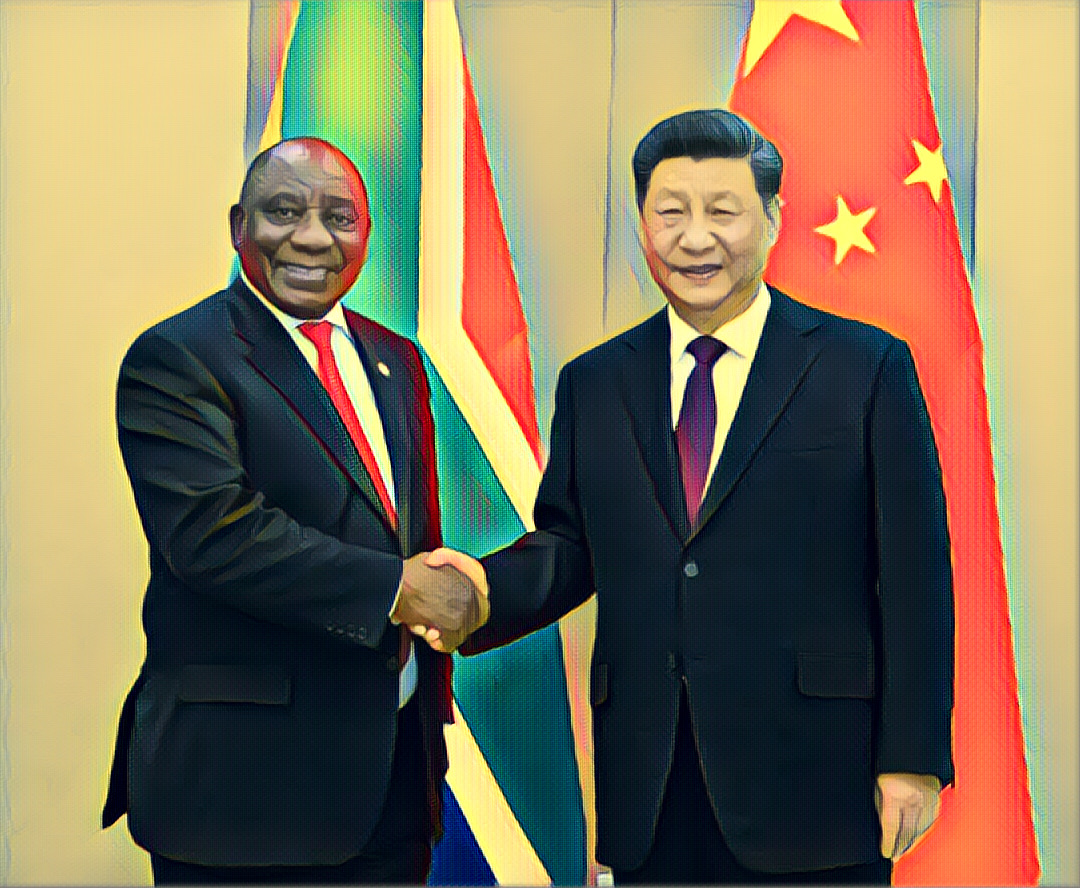South Africa has received the first batch of energy equipment donated by China to help the country cope with the ongoing power crisis. The donation is part of a technical assistance programme signed by the two countries in August 2023, during Chinese President Xi Jinping’s state visit to South Africa.
The equipment includes 450 gasoline generators that will be distributed to public service facilities such as clinics, schools and courts across the country. The generators will serve as backup power sources to alleviate the impacts of load shedding, which has been intensified by Eskom, the national power utility, due to insufficient generation capacity and the need to replenish emergency reserves.
The donation is worth R167 million and is expected to be followed by another shipment of 552 alternative energy units, ranging from 6kW generators to 200kW diesel generators, power supply vehicles and off-grid PV energy storage supply systems. The Chinese government has also provided a grant of approximately R500 million as development assistance to South Africa.
The handover ceremony took place on Thursday in Pietermaritzburg, KwaZulu-Natal, and was attended by the Minister in the Presidency responsible for Electricity, Dr Kgosientsho Ramokgopa, and the Ambassador of China to South Africa, Chen Xiaodong. Ramokgopa expressed his gratitude to China for its support and friendship, saying that the donation will make a difference in the lives of many South Africans.
China is South Africa’s largest trading partner and a key ally in the BRICS bloc of emerging economies. The two countries have maintained close relations since the establishment of diplomatic ties in 1998. President Ramaphosa welcomed Xi Jinping’s visit in August as a milestone in the bilateral partnership, saying that the relationship between the two peoples stretches back many decades.
The donation comes at a time when South Africa is facing massive electricity shortages, manifesting in prolonged blackouts and festering discontent over the load shedding implemented by Eskom. The power utility has been struggling with ageing infrastructure, operational inefficiencies, financial woes and corruption scandals. The government has announced an energy action plan to end load shedding and create sustainable energy security, which includes increasing the share of renewable energy, diversifying the energy mix, improving the governance and performance of Eskom, and attracting private sector investment.
The donation also coincides with the global efforts to combat climate change and reduce greenhouse gas emissions. South Africa is one of the most carbon-intensive economies in the world, relying heavily on coal for electricity generation. The country has committed to a low-carbon transition and has set ambitious targets to reduce its emissions by 2030. China, the world’s largest emitter, has also pledged to achieve carbon neutrality by 2060 and to peak its emissions before 2030.
The donation of energy equipment by China is seen as a gesture of solidarity and cooperation between the two countries, as well as a contribution to the global fight against climate change. It is hoped that the donation will not only provide immediate relief to the power crisis but also pave the way for a more sustainable and resilient energy future for South Africa.
Source: IOL



